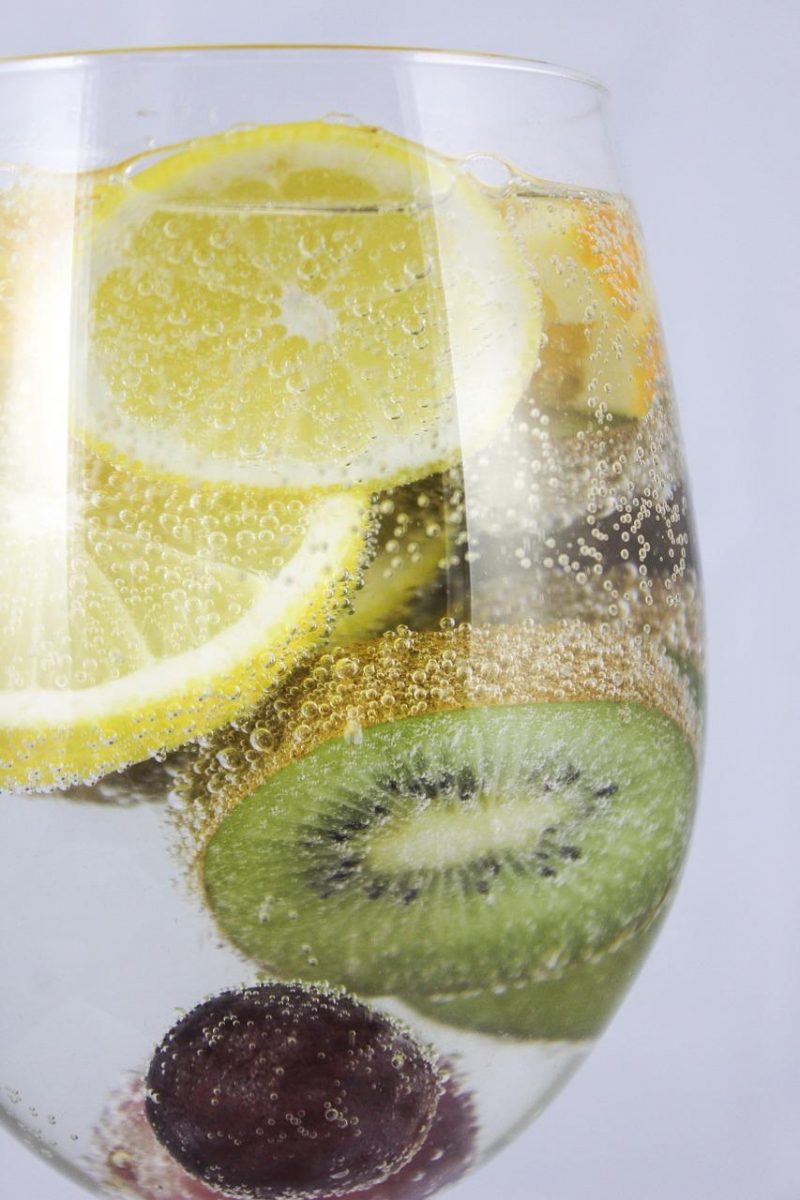
Carbonated water or more popularly known as sparkling water has been the topic of controversies amongst health buffs recently. Sparkling water is a great alternative for those who want to be hydrated but do not like the taste of still water. It has become popular not just in Australia but also in other continents like in US, Asia, Europe. Both adults and young generation enjoy drinking sparkling water as it is very refreshing and satisfying.
However, the debate still goes on whether or not sparkling water is good or bad. Is it really safe to drink regularly? Is it as good as regular mineral water?
According to registered dietician and certified specialist in sports dietetics, Jennifer McDaniel in an interview with Business Insider, “Sparkling water can be just as hydrating as regular water.” The only difference is that it is infused with carbon dioxide, which creates carbonic acid and the bubbly effect. Unlike the common misconceptions, the carbonation process does not add additional sugar, calories or caffeine.
Samples of carbonated water products are tonic water, club soda, and mineral water. However, there are products with added vitamins, or sweeteners in them which is why it is important for consumers to read the label before buying one especially for those who are following a strict diet.
There are also claims that regularly drinking sparkling water can cause calcium depletion in the bones, kidney stones, and strips the enamel off the teeth. But to date, there are no clinical study to support this claim. Most experts believe this is a misconception between carbonated water and carbonated cola as many confuse one after the other. The two drinks, although both infused with carbon dioxide, are very different particularly in acid level and additional sugar. Carbonated drinks are high in additional sweeteners while carbonated water is simply water with bubbles.
In a study comparing the effects of sparkling mineral waters and still water on human teeth, published in 2001 by the Journal of Oral Rehabilitation, it proved that the “carbonation of drinks may not be an important factor per se in respect of erosive potential.” Although carbonated water is slightly acidic, it is not as acidic as coke. Therefore, it is less likely to have a significant damage a person’s teeth. The only downside of drinking too much carbonated water is that it can trigger one’s burp reflex when consumed quickly.
Either way, the best way to avoid any health risks is to take everything in moderation. Maintain a well-balanced diet and always supplement junk food with fruits and vegetables.
